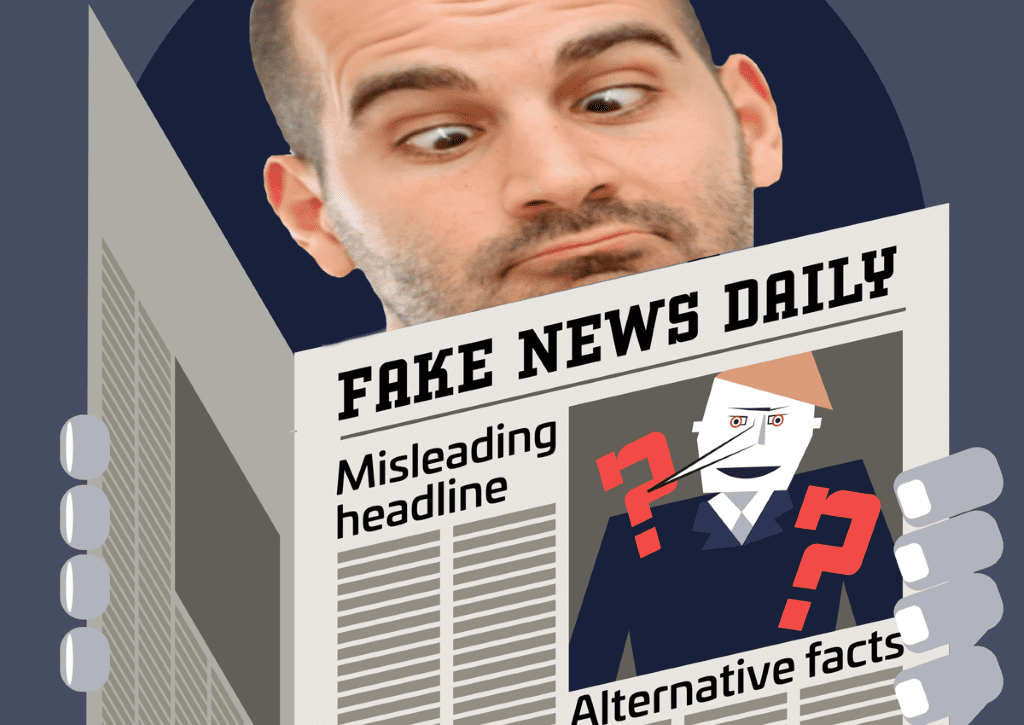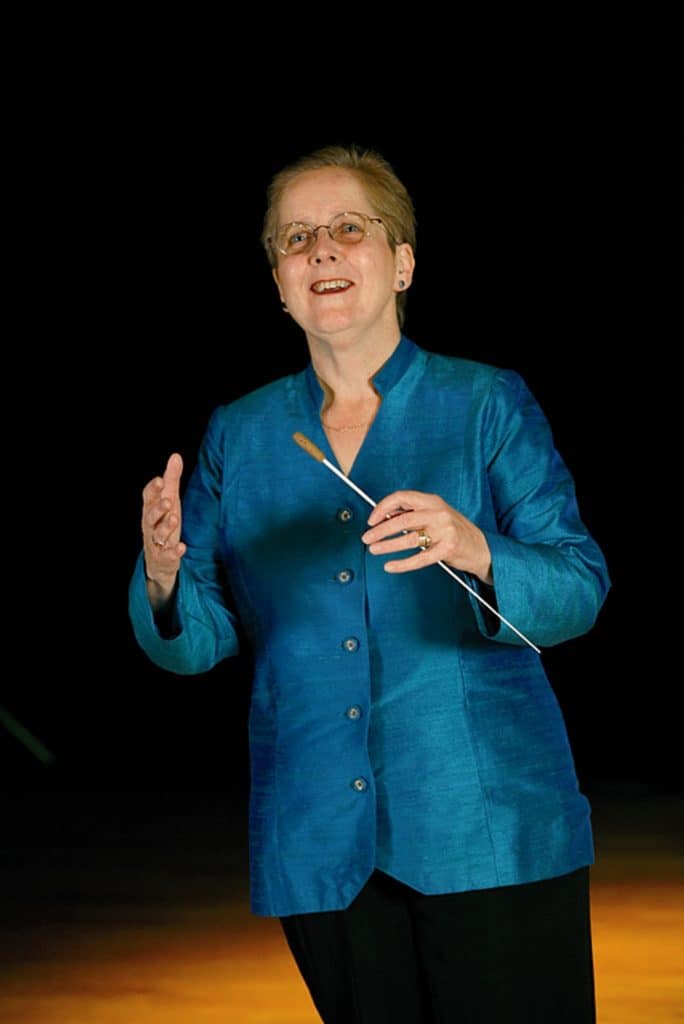Don’t let the media tell you how to vote. Make up your own mind. PAT PILCHER tells you how.

Would you like to support our mission to bring intelligence, insight and great writing to entertainment journalism? Help to pay for the coffee that keeps our brains working and fingers typing just for you. Witchdoctor, entertainment for grownups. Your one-off (or monthly) $5 or $10 donation will support Witchdoctor.co.nz. and help us keep producing quality content.It’s really easy to donate, just click the ‘Become a supporter’ button below.
A fully functioning democracy is something we take for granted. It makes things like access to education and health, the rule of law and a fair and equitable society all possible. You only need to look at the utter chaos that is the US or third world nations to see what happens when democracy begins to break down.
Which brings me to New Zealand. Over the last few years, we’ve been the envy of much of the world. We’re a place that billionaires want to have a bolthole. Our kids also don’t have to do classroom shooter drills. Our handling of Covid-19 saw the world looking at NZ with undisguised jealousy as we dined, travelled, and held events that are all but impossible elsewhere. Much of this comes down to New Zealand’s transparent, and surprisingly corruption-free political system.
With elections looming large I got thinking. It’s great that New Zealand is a safe and rational place compared to the madhouse that is now most of the world. This seems to have happened despite the time spent squabbling and debating the pros and cons of the various political parties, their policies, and politicians. Looking at the actions of our media leading up to the election, however, I’m left wondering how many of us are making informed choices when it comes to voting.

I’d previously written about how widespread punditry is in New Zealand’s media. Yet, during this election year, I’m left wondering how much of an impact the media will have on voting choices. Are free and fair elections possible when parts of the very mechanisms that should be informing people seem hell-bent on framing political issues with undisguised bias? Worse still, this punditry often bumps informative stories that could help voters off the media agenda. Sure, the media holds leaders debates to inform voters. Still, the reality is that they’re next to useless as they degenerate into a shouty mess that confuses more than it clarifies. Then there are the endless series polls leading up to the election. Do they tell the public anything remotely useful? More worrying still, I wonder if polls create a self-fulfilling prophecy at the elections.
Clearly, when it comes to the role of media during an election, things need to change. Voters need to be equipped with the means to make informed choices. To understand what changes are required in parts of the media, here are the four principles of journalism. These are:
- Truth and accuracy: Because the truth is such a subjective thing, journalists can only hope to aim for it. However, that shouldn’t stop them from getting facts as right as possible. All media organisations should encourage accuracy. The reality is modern journalism is an ultra-competitive undertaking, and this often results in a trade-off between accuracy and speed as media outlets rush to break a story. That said, fact-checking in an age of Google and instant global communications shouldn’t be a big ask. At the very least, when a journalist is unable to verify or is otherwise unsure of the facts in a story, they should disclose this to their audience.

Read our unbiased guide to informed voting - Independence: Given the reach of media into public discourse, journalists covering politics should be independent. They should never, ever act on behalf of other interests, be they political or corporate without first disclosing this to their audience, especially in an election year. All political affiliations, financial arrangements or other personal information that could represent a potential conflict of interest should be disclosed. Sadly, a lot of pundits seem to take pride in partisan politics and rarely reveal their own biases. This should have no place in any ethical media organisation, yet it seems an entrenched part of certain NZ media.
- Fairness and impartiality: Stories always have two sides – especially in politics. All stories should have balance and should give the reader/listener/viewer context. Impartial reporting is needed if the media is to be trusted to inform the public on crucial policy issues leading into an election.
- Accountability: This is THE biggie. At the moment, media organisations have little to stop them from acting poorly. There are organisations charged with ensuring that the media behaves ethically. Still, they lack the means to seriously penalise badly-behaved media. At best, most can only publicly censure, which is, let’s face it, next to useless. In short, there’s no incentive for media organisations to act ethically. Giving outfits like the Broadcasting Standards Authority the ability to levy fines against poorly behaved media organisations could help to ensure that the media acts ethically. This sounds simple in theory, but the reality is that a lot of big issues (e.g. freedom of speech, censorship, and the role of government) must be dealt with first.

So, if the media cannot or are unwilling to change their stripes, what can we do to ensure we’re adequately informed and can vote rationally?
Here are a few useful tips to navigating the political/media minefield.
Be a sceptical reader: A lot of what is published is done to first and foremost sell advertising, not inform voting decisions. Because of this, hype creeps into the mix. Look for facts, not opinions. Not all stories are equal. Some are news and aim to report events. Still, others are opinion pieces, written by people with a big profile, who are often uniquely unqualified to push their reckons onto an unsuspecting public.
Look for signs of shitty journalism: If claims are made in a story, are they backed up with substantial evidence (which should consist of figures and/or quotes from reputable and knowledgeable sources?) Are all sides of the story presented?

Fact check: Finding out what is what with party policies should involve you doing your own fact-checking. Instead of letting someone (whose credibility is unknown) tell you what to think, find out for yourself. There are excellent resources online to help you with this. As with the media, be a tad sceptical when searching online. Ask yourself who’s backing the online resource? Does it have a neutral tone? Does it cover all the political parties equally? One of my favourites is www.policy.nz which is a credible collaboration between Google News, Victoria University and the NZEIR as well as Jenny Sutton and Greenlight Ventures. It not only lets you find out more about your local candidates but also enables you to compare/contrast policies thanks to an easy to use interface.














